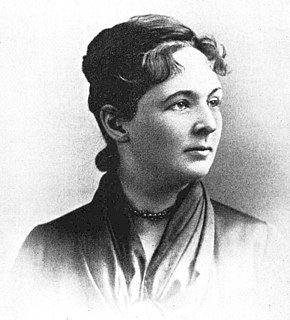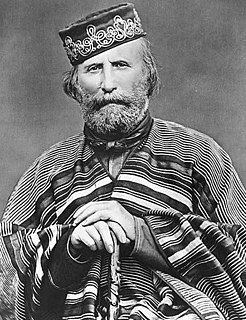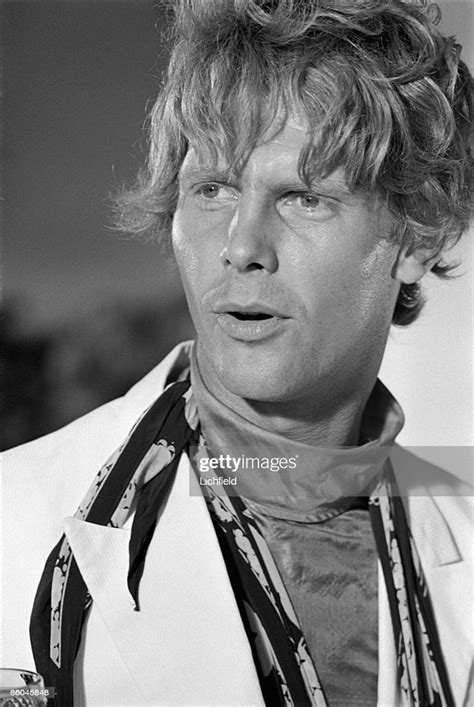A Quote by Joseph Addison
Dependence is a perpetual call upon humanity, and a greater incitement to tenderness and pity than any other motive whatever.
Quote Topics
Related Quotes
Seen in retrospect, evolution as a whole doubtless had a general direction, from simple to complex, from dependence on to relative independence of the environment, to greater and greater autonomy of individuals, greater and greater development of sense organs and nervous systems conveying and processing information about the state of the organism's surroundings, and finally greater and greater consciousness. You can call this direction progress or by some other name.
To see helpless infancy stretching out her hands, and pouring out her cries in testimony of dependence, without any powers to alarm jealousy, or any guilt to alienate affection, must surely awaken tenderness in every human mind; and tenderness once excited will be hourly increased by the natural contagion of felicity, by the repercussion of communicated pleasure, by the consciousness of dignity of benefaction.
Whatever impatience we may feel towards our neighbor, and whatever indignation our race may rouse in us, we are chained one to another, and, companions in labour and misfortune, have everything to lose by mutual recrimination and reproach. Let us be silent as to each other's weakness, helpful, tolerant, many, tender towards each other! Or, if we cannot feel tenderness, may we at least feel pity!
Why continue? Because we must. Because we have the call. Because it is nobler to fight for rationality without winning than to give up in the face of continued defeats. Because whatever true progress humanity makes is through the rationality of the occasional individual and because any one individual we may win for the cause may do more for humanity than a hundred thousand who hug their superstitions to their breast.
Every one knows that the heavenly bodies move in certain paths in relation to each other with seeming consistency and regularity which we call [physical] law. ... No one attributes freewill or motive to the material world. Is the conduct of man or the other animals any more subject to whim or choice than the action of the planets? ... We know that man's every act is induced by motives that led or urged him here or there; that the sequence of cause and effect runs through the whole universe, and is nowhere more compelling than with man.





































